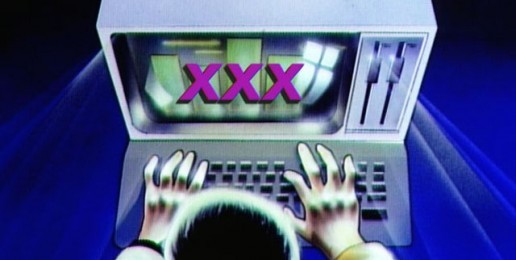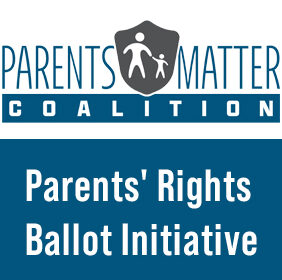
What’s the Most Accessed Internet Topic? If you guessed porn, you’d be correct. According to an April 9, 2012 New York Daily News article, 30 percent of all Internet traffic involves porn sites.
One such site has 3 times more pages viewed than CNN and ESPN – a whopping 4.4 billion views per month! The second biggest Internet porn site boasts 100 million page views a day, reports ExtremeTech.
This problem has greatly increased from a few years ago. Aside from curiosity, availability and the addictive nature of porn, one of the problems is that some schools and most public libraries still offer unfettered Internet access, many even refusing to block illegal pornography, allowing children and adults to intentionally or accidentally view sexually graphic and obscene images.
The New York Daily News offered readers a poll that asked “Do you visit porn sites?” 61 percent said YES, 21 percent said ‘Um, no comment!’ and only 18 percent said NO. An extremely sad commentary on the coarsening of our society.
These stats only remind us of the truths about the ever increasing addictive attributes associated with pornography. Porn isn’t just “harmless fun” as our liberal and libertarian friends may assert. Regular exposure to sexually graphic images desensitizes men, warps our children understanding of the proper role of sex, and it also harms our mothers, sisters and daughters. The irreparable harm it does to those who are attacked by men stimulated by sexually explicit images cannot be questioned. Nor can we debate the ill effects, both physically and emotionally, suffered by women in the “adult entertainment” industry.
There is a plethora of research that shows how pornography and its messages are involved in shaping attitudes and encouraging behavior that can harm individual users and their families.
So what can you do as a parent and taxpayer? Filter out hard-core pornography on your home computer for starters. There are many very reliable Internet filters that allow administrative override in the event a web site is accidentally blocked. Filters are highly recommended for every home, library and place of business. Check out Top Ten Reviews for software comparisons.
Call the local schools and libraries that you as a taxpayer support, and ask if they filter out illegal pornography from computers, especially those used by children. Filters on children’s computers should be a no-brainer. If they don’t, ask if they would research their effectiveness and low cost. And if software is not desirable, there are many proxy servers that will filter it at their end before sending it to the customer.
For more information on the pornography problem in our public libraries, you can check out Safe Libraries.
Don’t give up on pushing this issue. Perseverance is critical.





















